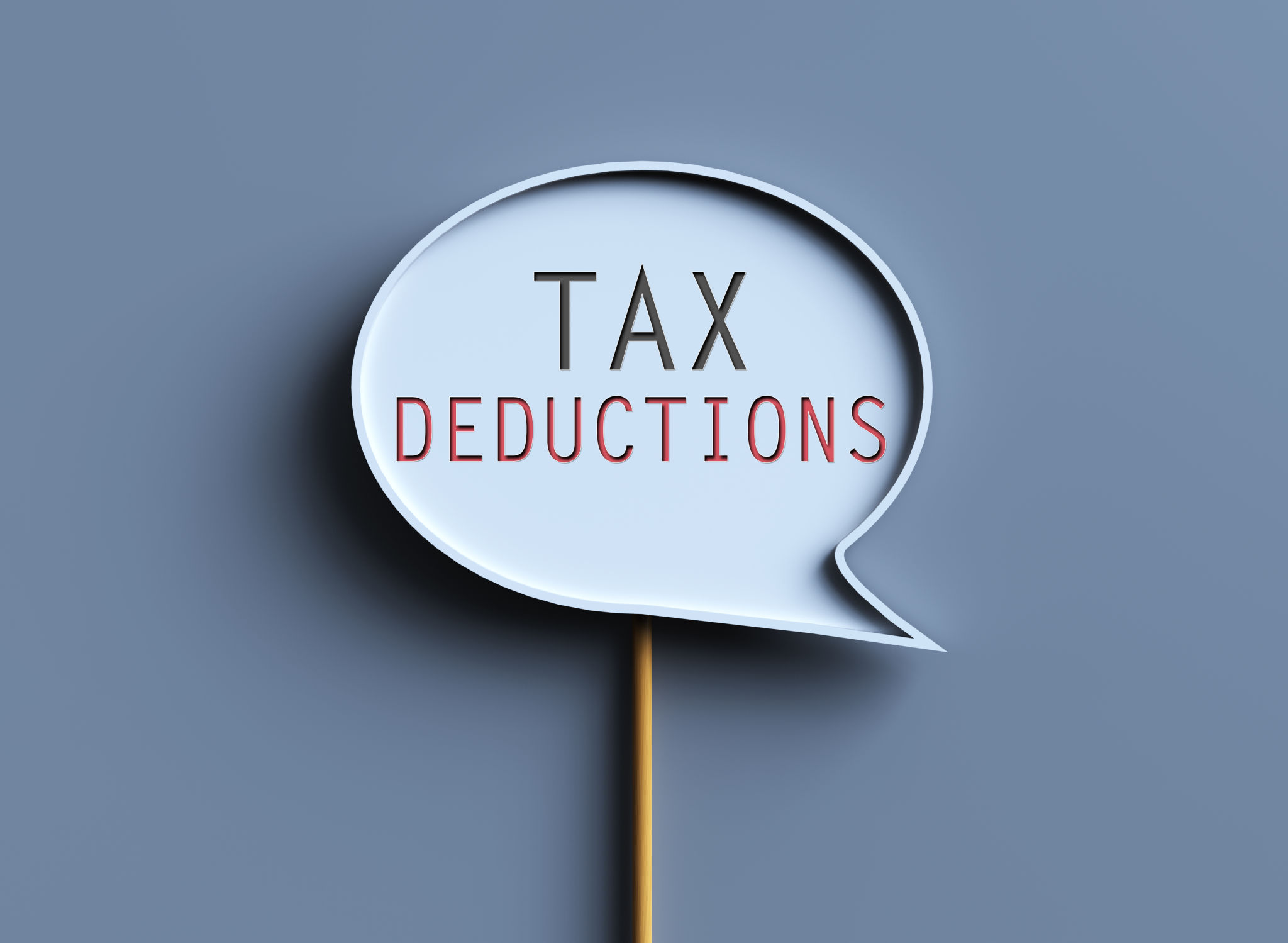A Comprehensive Guide to Understanding Income Tax in Wisconsin
Introduction to Wisconsin Income Tax
Understanding income tax is crucial for residents of Wisconsin to ensure compliance and optimize their financial situation. Wisconsin has its own set of tax regulations that differ from federal tax laws and those of other states. In this guide, we will delve into the specifics of income tax in Wisconsin, helping you navigate through the complexities with ease.

Wisconsin Income Tax Rates
Wisconsin employs a progressive income tax system, meaning that the tax rate increases with higher income levels. There are currently four tax brackets in Wisconsin:
- 4.00% for income up to $12,760 for single filers and $17,010 for married couples filing jointly.
- 5.84% for income between $12,761 and $25,520 for single filers and $17,011 and $34,030 for married couples filing jointly.
- 6.27% for income between $25,521 and $280,950 for single filers and $34,031 and $374,600 for married couples filing jointly.
- 7.65% for income over $280,951 for single filers and $374,601 for married couples filing jointly.
Deductions and Credits
Wisconsin offers several deductions and credits that can reduce your taxable income or the amount of tax you owe. Some common deductions include the standard deduction, which varies based on income and filing status, and deductions for retirement contributions. Additionally, Wisconsin offers credits such as the Homestead Credit, which benefits low-income homeowners and renters.

Filing Requirements
In Wisconsin, you are required to file a state income tax return if your gross income exceeds certain thresholds. These thresholds vary depending on your filing status. For example, single filers under the age of 65 must file if their gross income is at least $11,210, while married couples filing jointly must file if their combined gross income is at least $20,470.
Filing Deadlines and Extensions
The deadline to file your Wisconsin state income tax return is April 15th, the same as the federal tax deadline. If you need more time to file, you can request an extension, which gives you until October 15th to submit your state return. However, it's important to note that an extension to file is not an extension to pay any taxes owed.

Paying Your Taxes
Wisconsin provides several options for paying your state taxes. You can pay online through the Wisconsin Department of Revenue's website, by mail using a check or money order, or through electronic funds transfer. It is important to pay any taxes owed by the due date to avoid penalties and interest charges.
Understanding Tax Refunds
If you overpay your Wisconsin state taxes throughout the year, you may be eligible for a refund. You can track the status of your refund online using the Wisconsin Department of Revenue's "Where's My Refund?" tool. Refunds can be received via direct deposit or paper check.

Common Mistakes to Avoid
Filing taxes can be complicated, and mistakes can be costly. Common errors include incorrect calculations, missing signatures, and failing to report all sources of income. To minimize errors, consider using tax software or consulting with a professional tax preparer.
Resources for Assistance
The Wisconsin Department of Revenue offers several resources to help taxpayers understand their obligations and file accurately. Their website provides access to forms, instructions, and a variety of online tools. Additionally, free tax assistance programs are available for eligible taxpayers through organizations like Volunteer Income Tax Assistance (VITA).
Conclusion
Navigating the intricacies of Wisconsin's income tax system can be challenging, but with the right information and resources, it becomes manageable. By understanding the rates, deductions, and filing requirements specific to Wisconsin, you can ensure compliance and make informed financial decisions.